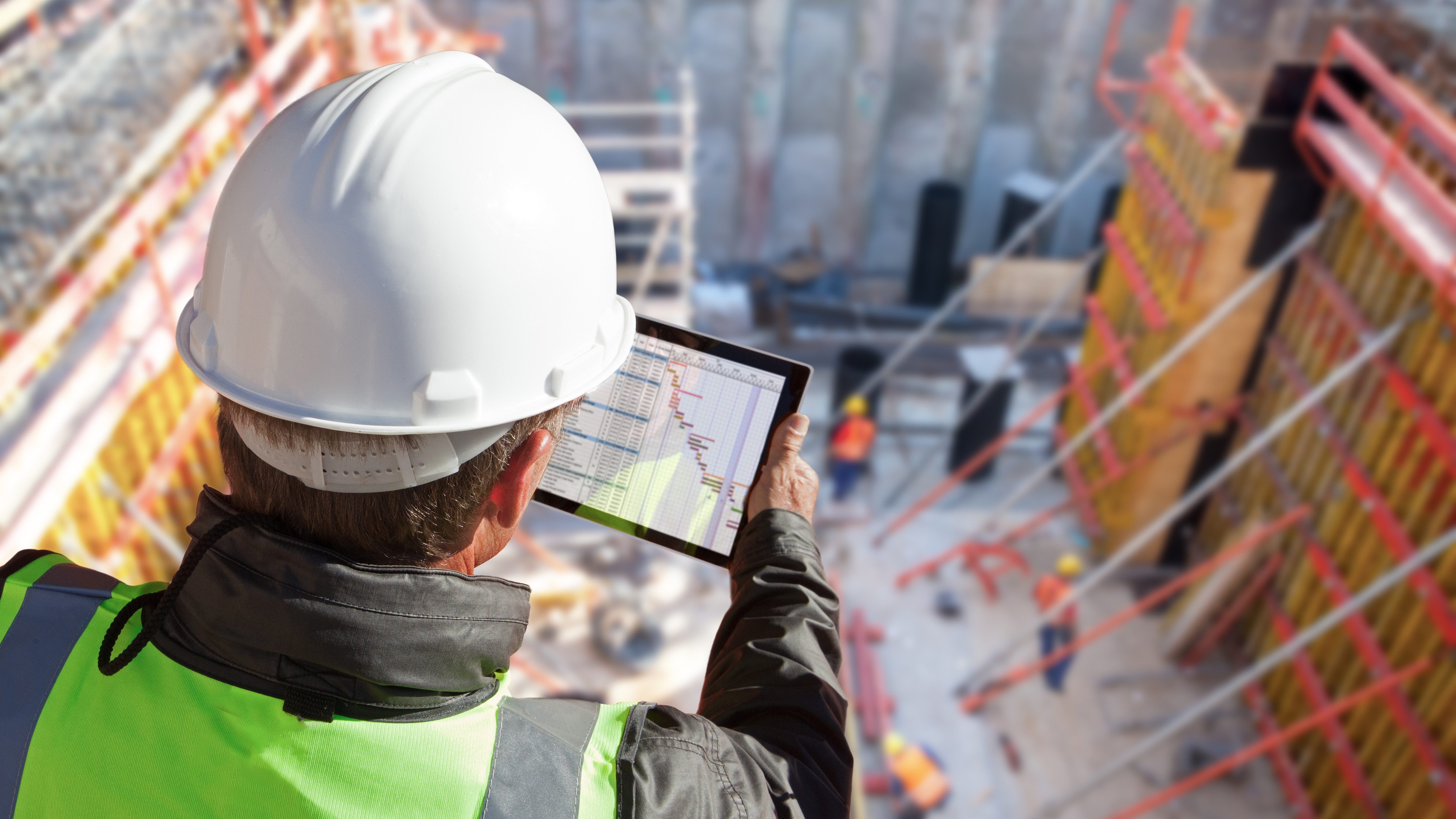
In the years of my project management career, I’ve witnessed significant changes in how projects are approached, planned, and executed. From overseeing large-scale construction projects in South Asia, the MENA region, China, Australia, the USA, Europe, and the UK to managing complex oil and gas equipment manufacturing, project management has always relied heavily on manual tracking and reactive problem-solving. But with the rise of AI and predictive analytics, the game is changing, allowing project managers like myself to make data-driven decisions that significantly improve outcomes.
In this article, I’ll discuss how AI and predictive intelligence are reshaping project management, offering insights from my own experiences working on various EPC projects, Capital Equipment supplies in Refinery and Subsea Oil & gas sectors with complex multi-functional teams.
The Evolution of Project Management
Project management has traditionally been a field dominated by manual processes, gut instincts, and historical data reviews. I remember when we had to rely on spreadsheets and weekly site visits during my time at Refining Facility to gather data for planning and risk assessment. It was time-consuming and often reactive. While effective to some extent, this method left little room for anticipating potential issues.
With AI and predictive analytics now entering the fray, we can leverage vast data sets in real-time, enabling us to foresee challenges before they materialize. Whether you’re managing construction timelines in the Middle East or dealing with supply chain disruptions in a project in the UK, predictive tools are becoming indispensable.
AI in Project Management: An Overview
AI offers several key benefits in project management, from automating mundane tasks to providing deep insights into potential risks.
1. Automating Routine Tasks: During my tenure at one of the multinational Engineering & Construction firm, much of my time was spent overseeing various construction and fabrication projects. Managing schedules, reporting progress, and allocating resources manually took up valuable time. AI now allows for the automation of these tasks, ensuring fewer errors and freeing up time for higher-level strategic thinking.
2. Enhanced Data Analysis: When managing multiple projects simultaneously, such as during my time at one of the British manufacturer of robust pumping, reviewing performance data manually became nearly fatigue. AI-driven data analysis allows for the quick processing of vast data sets, which provides valuable insights into project performance and future bottlenecks. I’ve seen this play out firsthand when handling customer deliverables and ensuring on-time completion by identifying trends in project execution.
3. Risk Assessment and Management: During my time managing capital projects, we often had to account for risks such as fluctuating oil prices or equipment delays. AI helps predict these risks by analysing historical and real-time data, allowing us to mitigate them before they escalate. I can confidently say this has saved millions in cost overruns by better preparing us for potential pitfalls.
4. Resource Optimization: In large, resource-intensive projects, such as those I worked on in the South Asia and UAE, optimizing resource allocation is critical. AI helps analyze data on resource availability, team performance, and project demands to recommend more efficient resource deployment. This leads to cost savings and more efficient project timelines.
Predictive Analytics: Shaping the Future of Project Management
Predictive analytics, which uses historical data and statistical algorithms to forecast future outcomes, offers several key benefits for project management.
1. Project Forecasting - Predictive analytics has been instrumental in forecasting timelines, budget needs, and resource requirements. While working on large-scale EPCC projects at petrochemical industry, we relied heavily on historical data. Today, AI tools can provide a much more accurate and nuanced analysis, ensuring that project timelines and budgets are more realistic and better prepared for unforeseen challenges.
2. Performance Monitoring - I’ve managed projects where deadlines shifted due to unforeseen issues. Predictive analytics helps by continuously analysing project data to identify deviations from the plan. During a large construction project in Qatar, predictive models could have flagged deviations earlier, allowing us to act before small problems snowballed into significant delays.
3. Scenario Planning - One of the most powerful applications of predictive analytics is its ability to create and assess multiple scenarios based on various conditions. For example, while overseeing plant modifications at facility, I often had to decide between multiple approaches. Predictive analytics helps us simulate the impact of each decision, ensuring that we choose the most efficient and least risky path forward.
4. Improving Accuracy - By leveraging predictive models, project estimates have become more accurate. The need for constant revisions has reduced drastically. During my tenure with manufacturer, we could provide clients with far more accurate delivery and cost estimates, improving overall customer satisfaction and trust.
Real-World Applications: Lessons from My Experience
Incorporating AI and predictive analytics can steer to transformative outcomes in several projects I’ve managed:
1. Construction Projects in the Middle East - While working on a project in Qatar, where the construction environment was highly volatile due to fluctuating material costs and tight deadlines, predictive analytics may help forecast potential delays caused by supply chain issues. This allows us to adjust our procurement strategy and avoid costly overruns.
2. Infrastructure Projects - During my time at global manufacturer of heavy-duty trucks and buses, predictive analytics surely allow us to flag potential bottlenecks in our internal systems before they disrupt to project delivery. This proactive approach will help keep our clients’ operations running smoothly and ensure timely delivery despite external challenges.
3. Manufacturing Optimization - At manufacturing project, we can implement AI tools to predict when certain machinery would require maintenance. This reduces unexpected downtime and ensures smoother production cycles. The predictive maintenance model not only enhance productivity but also result in considerable cost savings.
Challenges and Considerations
While AI and predictive intelligence have the potential to revolutionize project management, they also come with their own set of challenges:
1. Data Quality - The effectiveness of AI depends on the quality of the data. During a large project in, inconsistent data led to skewed insights, which negatively affected project timelines. Ensuring clean, consistent data is paramount for AI tools to work effectively.
2. Integration - Introducing AI into an established workflow is not without its hurdles. While at working with technologies, integrating AI into existing systems was a complex process that required substantial coordination among IT, procurement, and management teams. But once the system was in place, the benefits were undeniable.
3. Skill Requirements - As project managers, we must adapt to new technologies. While I’ve been fortunate to undergo various training programs, the industry as a whole must focus on reskilling and upskilling to fully capitalize on the potential of AI.
4. Ethical Considerations - The use of AI in decision-making also raises ethical questions. Ensuring that the data we use is unbiased and that the algorithms are transparent is critical for maintaining trust with stakeholders.
Conclusion
The integration of AI and predictive analytics into project management is not just a trend—it’s the future. From automating routine tasks to providing deeper insights into risks and resource optimization, these technologies have the potential to transform how we plan, execute, and deliver projects. My experiences across diverse industries have shown that embracing AI and predictive intelligence can lead to more accurate forecasts, reduced risks, and optimized resources, ultimately driving project success.
While challenges such as data quality and integration remain, the long-term benefits far outweigh the hurdles. For project managers, adopting these tools can provide the competitive edge needed to navigate increasingly complex and fast-paced environments. 
About the Author:
Arsalan Qutbi is an experienced project management professional specializing in the oil and gas sector. With a background in engineering and project management, he also offers coaching and training on project management best practices. Connect with Arsalan on LinkedIn.





